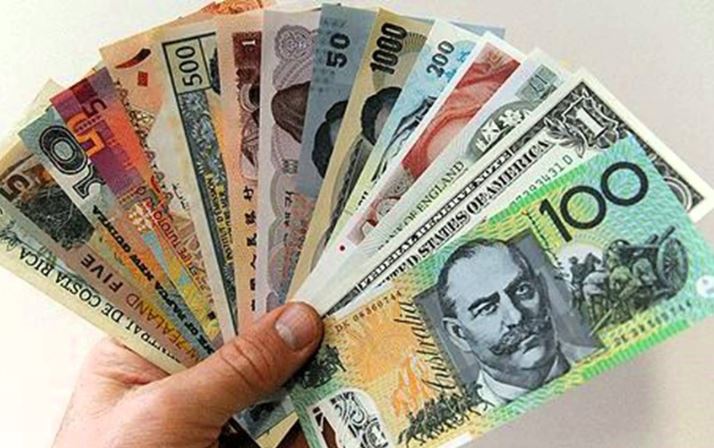×
The Standard e-Paper
Kenya’s Boldest Voice

Our foreign borrowing is rising. This means we need much more foreign currency to service those borrowings since the exchange rate might work against us in case the debt becomes excessive.







